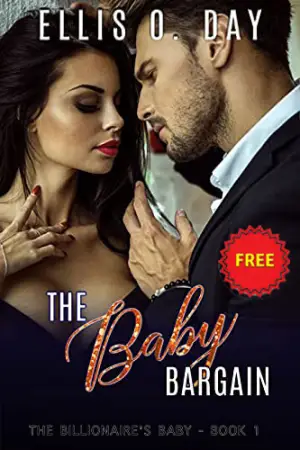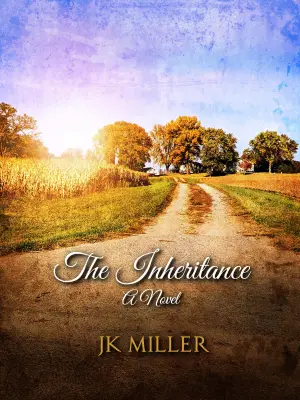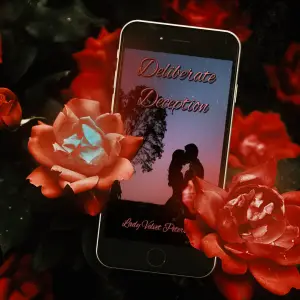Breaking Dawn: A Rollercoaster of Emotions and Absurdities
When I first picked up Breaking Dawn, the conclusion to Stephenie Meyer’s Twilight Saga, I felt a strange blend of excitement and dread. Excitement, because I was finally going to see how Bella and Edward’s story would wrap up; dread, because the previous books had already walked a fine line between romance and the utterly ridiculous. Little did I know, this final installment would take me on an emotional rollercoaster that left me questioning not only the storyline but the very nature of storytelling itself.
From the moment Bella discovers she’s pregnant—GAH!—I knew I was in for a ride of epic proportions. Meyer’s choice to allow a human-vampire hybrid to enter the world raised eyebrow after eyebrow. I distinctly remember reading her earlier statements and thinking, “WAIT, she never actually said it was impossible!” Still, whether it was logically consistent or not, I froze in disbelief when the realization hit Bella. “No! It can’t be! She can’t be! It’s impossible, damn it!” My reaction mirrored Bella’s panic, joined by my own frustrations at how this twist felt like something snatched straight from a fanfic gone wrong.
Yet, despite my initial repulsion to the pregnancy plotline, I found my feelings shifting when the narrative pivoted to Jacob’s perspective. Initially, Jacob was a character I could hardly tolerate; however, watching his internal struggle brought a much-needed depth that revealed him in a new light. I mean, how often do you get to see a character’s emotional growth so starkly? By the time Jacob becomes a favorite of mine—sorry Team Edward!—I remembered that character development is a gift that can redeem even the most absurd storylines.
And what about Leah and Seth? I’d always wanted to see more from Leah, her complexity buried under layers of resentment. But in Breaking Dawn, she steps into the spotlight, revealing her strength and vulnerability. Witnessing these transformations made me appreciate the ensemble cast even amidst the chaos.
However, as the story quickly devolved into domestic bliss and the birth scene unfolded with all its melodrama, I again found myself groaning. Bella’s transformation into a vampire could have been a moment of intense triumph or terror, yet it felt oddly underwhelming. The elusive thrum of a vampire’s thirst barely grazed the surface of her new existence. It’s almost as if Meyer decided being a vampire was a gentle transition—a friendly invitation to a world of pure perfection. I couldn’t help but think, “Is her character becoming a Mary-Sue?” The answer was a resounding yes, raised like a flag, signalling an end to the grit and struggle I had come to appreciate in the series.
Then there’s Renesmee. That name alone—oh dear—summed up everything quirky about this installment. It felt like Meyer’s whimsical take on monster kitsch; I can only imagine what a crowded coffee shop of Twihards would sound like attempting to pronounce it. “Oh, have you met little Renesmee?” was the kind of absurdity that made me chuckle, but also cringe.
The ending, with the Volturi’s abrupt resolution and a “Happily Ever After,” felt like a cheap cop-out on a long-winded journey that had the potential for so much more. The lack of tension was palpable; I’d been ready for an epic showdown but was left with a series of “meh” moments.
In the end, whether I loathed it or respected it at some weird point, Breaking Dawn stands as a significant lesson in storytelling. For those who loved the extravagant romance, it’s a satisfying conclusion, but for fans who sought depth and nuance, it might feel like a final insult. It’s a book that wedged itself firmly into my psyche, leaving me amused and amazed at its wild twists—while also leaving me with a tinge of frustration.
So, who might enjoy this book? If you revel in absurd plot twists and a fairytale ending sprinkled with vampire lore, Breaking Dawn could be for you. Just buckle up for a ride that might feel more like a bad fanfic than the grand finale we all hoped it would be. As for me, I came out of this saga with more questions than answers, but it certainly kept the conversation lively—and isn’t that what reading is all about?
Discover more about Breaking Dawn (The Twilight Saga, #4) on GoodReads >>






